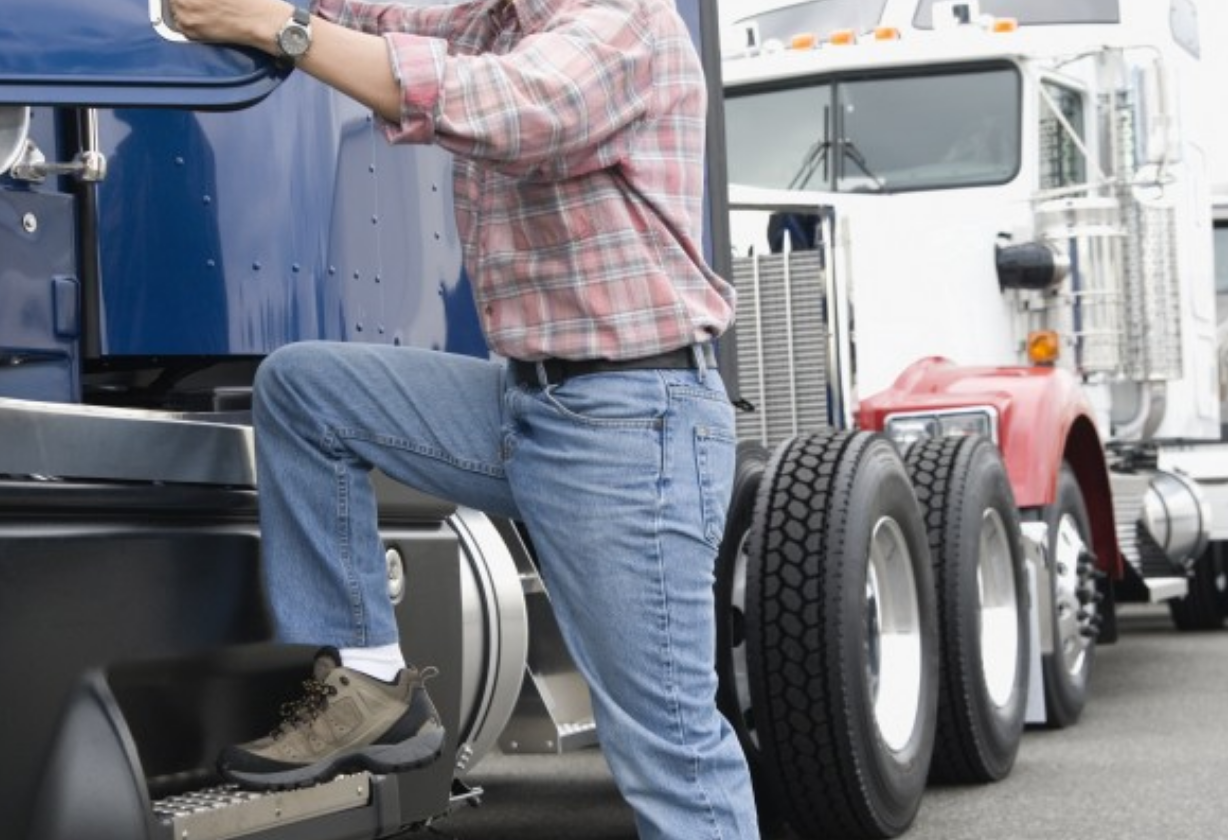Small Truckers Warn State Attorneys General about ELD Mandate Confusion
A group representing independent truckers, the Owner-Operator Independent Drivers Association (OOIDA) has escalated its campaign against the timing and provisions of the ELD Mandate, requesting that top officials from each state seriously review potential problems anticipated with enforcement of an impending federal trucking mandate requiring electronic logging devices on large trucks.
The letter, from OOIDA to all state attorneys general, is copied to representatives in each state for the Motor Carrier Safety Assistance Program, a federal grant program that provides financial assistance to states. It follows a request from Curtis Hill, Jr., the Indiana Attorney General, to the Federal Motor Carrier Safety Administration, asking for a delay of the ELD mandate citing numerous concerns that reflect many of the same issues raised by truck drivers.
OOIDA says that public statements made by FMCSA, the Commercial Vehicle Safety Alliance, various state enforcement agencies, and others demonstrate that there is a widespread misunderstanding of the legal obligations imposed upon motor carriers and drivers under the ELD regulations.
In particular, OOIDA reports that it is concerned about potential misinterpretations of the mandate’s exemptions for older model trucks.
“The FMCSA website offers confusing and contradictory information on what models of trucks are obligated to employ ELDs under the rule,” said Todd Spencer, executive vice president.
The letter describes how OOIDA contacted more than 15 states’ commercial motor vehicle enforcement agencies to ask whether there was consensus on how to enforce this ELD exemption.
“There was none,” says the OOIDA letter. “The states have taken positions that range from following the plain language of the rule, to following FMCSA’s guidance, to an approach similar to CVSA’s and, in some cases, to taking no position yet.”
OOIDA and an accompanying document goes on to point out that the mandate increases the amount of data available to law enforcement, suggesting that states should adopt new statutes to protect privacy of drivers and limit the use of data to hours of service compliance determinations only.
Category: General Update, News










